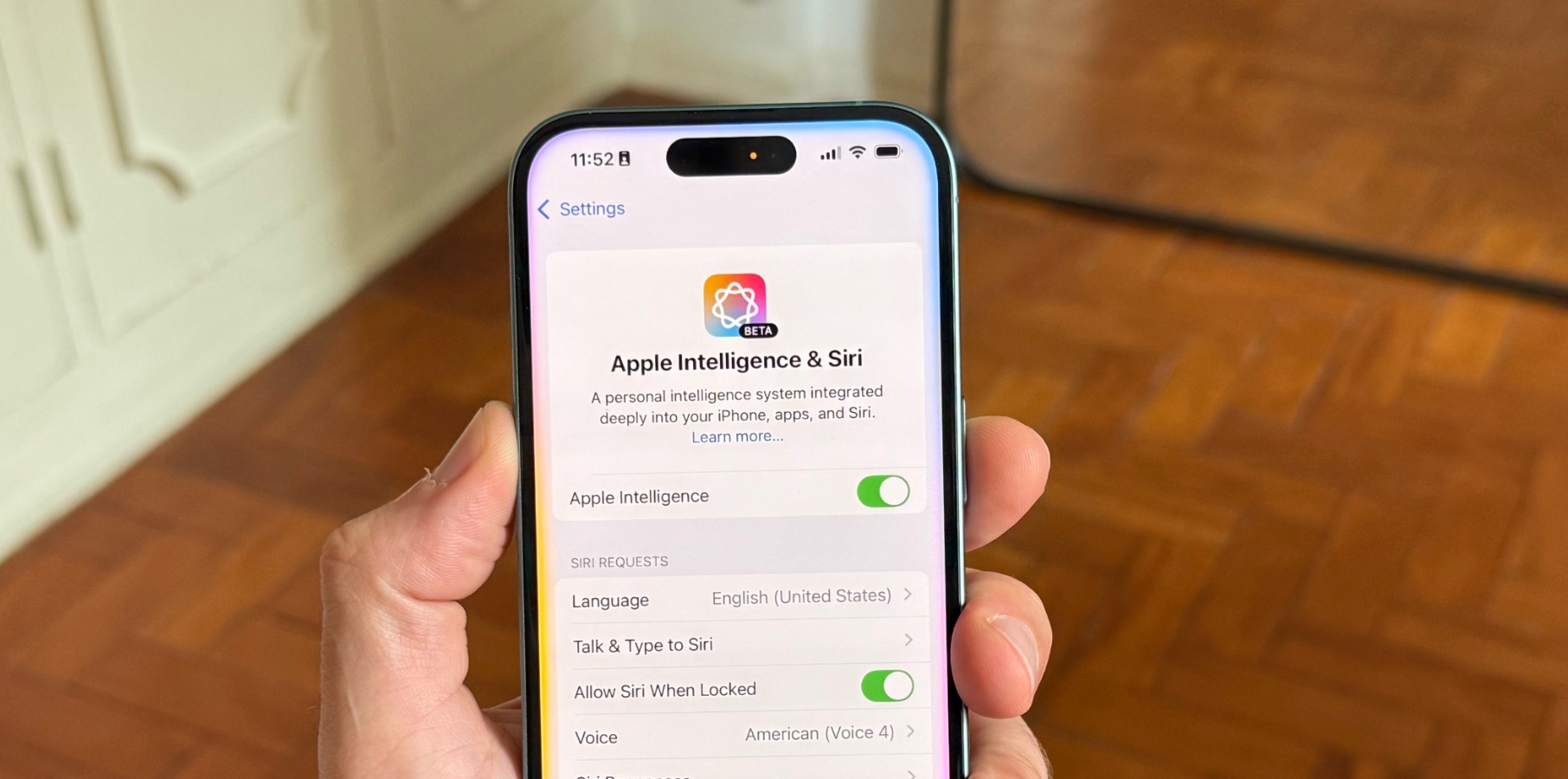In a significant development poised to reshape the landscape of artificial intelligence in consumer technology, Apple has opted for a partnership with Alibaba to power its Apple Intelligence features in China. This announcement came during the World Government Summit in Dubai, where Alibaba’s chairman, Joe Tsai, revealed the collaboration’s details. The implications of this partnership could extend beyond mere technological advancements; they may also influence market dynamics and user experience for millions of Apple device owners in the region.
During his address, Tsai articulated, “They talked to a number of companies in China. In the end, they chose to do business with us. They want to use our AI to power their phones. We feel extremely honored to do business with a great company like Apple.” This statement underscores not only the honor bestowed upon Alibaba but also the strategic necessity for Apple, as it seeks to embed itself more deeply within one of the world’s most dynamic and competitive technology markets.
This collaboration raises several critical questions regarding its operational mechanics. Specifically, the nature of the artificial intelligence models to be used remains largely unexplored. It remains uncertain whether Alibaba’s advanced AI offerings will serve as the default backbone for Apple Intelligence, or if it will adopt a framework akin to its existing partnership with OpenAI, which allows for enhanced capabilities through platforms like ChatGPT. Should the latter approach be pursued, it would signify that Apple users in China might only interact with Apple Intelligence through the lens of Alibaba’s technologies, creating potential constraints on functionality that could differ from experiences in other regions.
As Apple prepares to implement this partnership, the timeline for the rollout of Apple Intelligence in China is of paramount interest. The anticipated release of iOS 18.4 is scheduled for April 2024, during which the AI platform is expected to introduce support for multiple languages, including Chinese. Nevertheless, the mere inclusion of Chinese language support does not necessarily guarantee that the full spectrum of Apple Intelligence’s capabilities will be available in the Chinese market. The complexities of data regulations and local market requirements may pose additional challenges.
For context, Apple Intelligence made its debut in the United States in December 2023 with the rollout of iOS 18.1. Initially, the functionality was restricted to users operating Siri in American English, which limited the platform’s accessibility and effectiveness. However, as technological ecosystems evolve, Apple has shown increasing agility in expanding its features across diverse markets. Despite the initial rollout, the company finds itself at a competitive disadvantage compared to other AI-driven applications that have rapidly developed capabilities in understanding and processing multiple languages and dialects.
The upcoming iOS 18.4 is expected to enhance user engagement through on-screen awareness for Siri, though industry experts speculate that this feature may be postponed until iOS 19 or later iterations. This timeline suggests that significant advancements in Apple’s AI capabilities, particularly in regard to user interaction and adaptability, may not materialize until 2026, thus raising the stakes for both Apple and its competitors in the rapidly evolving tech landscape.
The partnership with Alibaba not only aligns with Apple’s strategic objectives but may also reflect broader trends in the industry. As tech companies increasingly recognize the importance of localized solutions, collaborations with established regional players can yield significant dividends in market penetration and consumer trust. This synergy could ultimately pave the way for enhanced user experiences and burgeoning opportunities for innovation.
In summary, Apple’s decision to partner with Alibaba heralds a new chapter for its artificial intelligence endeavors in China. While intriguing possibilities lie ahead, including the potential for robust AI features tuned to local specifications, a myriad of uncertainties persists regarding the true capabilities that will emerge from this collaboration. As the rollout of iOS 18.4 approaches, all eyes will be on how Apple navigates the complexities of the Chinese market while meeting the high expectations of its user base.
Tags: #BusinessNews, #TechnologyNews, #China

